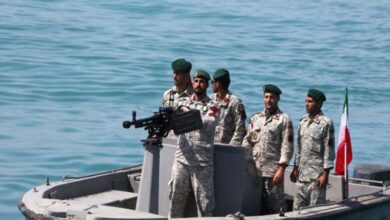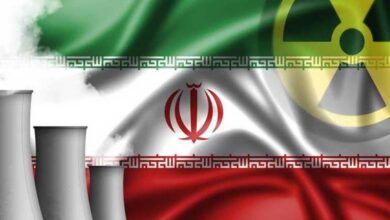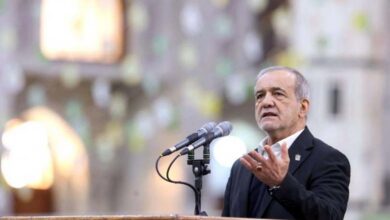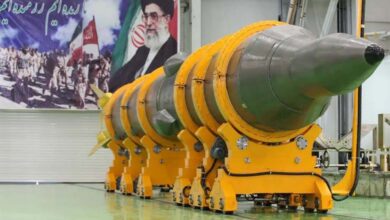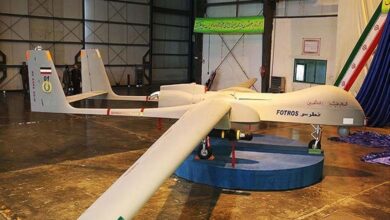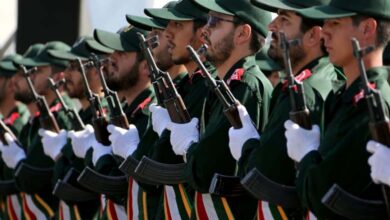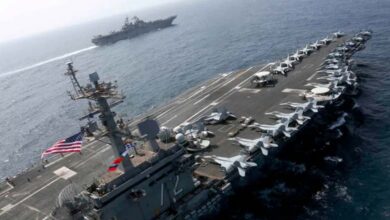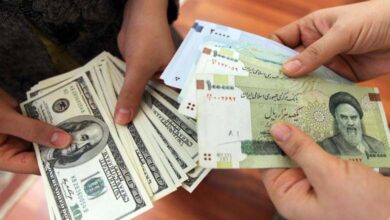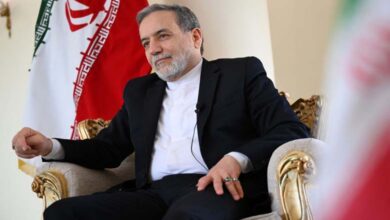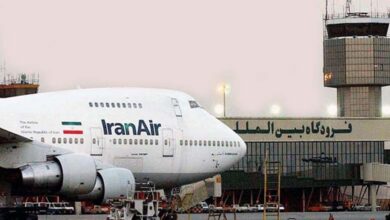Turkish Candidate for Presidency of Iran “Honor Trying” to “Supplement the Issue”
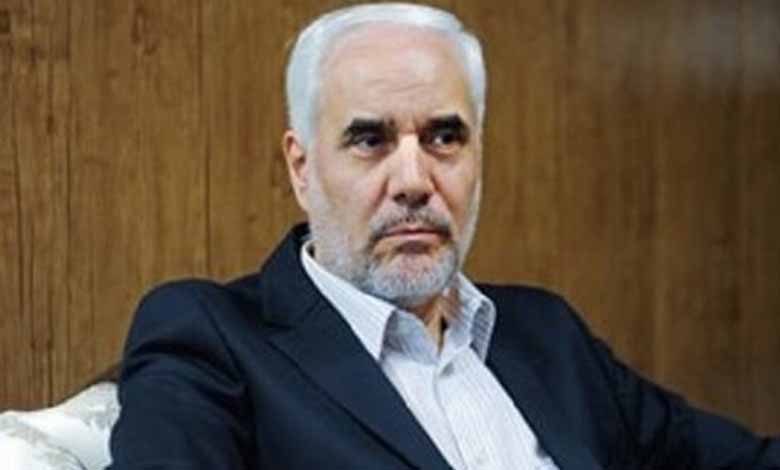
Reformist Mohsen Mehralizadeh was quick to run for president in Iran, satisfied with “the honor of participation,” but his Turkish origins drew his attention.
The only politician among the candidates from Iran’s Turkish minority, Mohammad Khatami’s Vice President for Sports (2001-2005), is not a leading reformist, but he has been isolated from public life for years, and took him off the scene until he returned about two years ago.
The selection of Mehralizadeh among the seven candidates approved by the Guardian Council, according to observers, was a “sequel” to the reformist movement represented in the elections, which Ali Larijani and Mahmoud Ahmadinejad, the hawks and first-class men, wanted to be forcibly absent, ordered by Supreme Leader Ali Khamenei.
Mehralizadeh, 64 years old, previously ran unsuccessfully for the presidency in 2005, but emerged empty-handed, winning less than 5 percent of the vote.
The “Turkish candidate” does not hide his non-Iranian origins, but defended the language of the grandparents in the first debate between the two candidates last Saturday, and “a corrective intervention.”
During the debate, Mohsen Mehralizadeh objected to the words of his rival, the hard-line winner Ebrahim Raisi, who spoke of “Azerbaijani-speaking people in provinces where Turks reside.”
Here the “Turkish candidate” asked his opponent to be more precise when using the word “Azeri”; “I want to Raisi’s words, he said they speak Azerbaijani, we have no Azerbaijani-speaking citizens, we have Turkish-speaking citizens in East Azerbaijan, West Azerbaijan, Ardabil, Hamedan, Zanjan, Khorasan Radjavi, Isfahan, Shiraz, Khuzestan and elsewhere,” he said.
Notably, the official Anadolu Agency captured the nostalgia of Alizadeh’s legacy of Turkish nationalism, reporting on the part of the debate on language and minorities in Iran.
The Anadolu report, in a moment of remote support, claimed that the Turkish component in Iran has a population of over 35 million, out of a total population of approximately 80 million.
Turks are the largest non-Persian nationalist in Iran, including Arabs, Persians, Kurds, Baluchis and Turkmen, and are scattered throughout the north and northwest of the country.
“The latest unofficial statistics put the number of members of Turkish nationalism at between 20 and 25 million, the majority of whom are in the capital, Tehran, half of whose population is believed to be of Turkish origin.”


